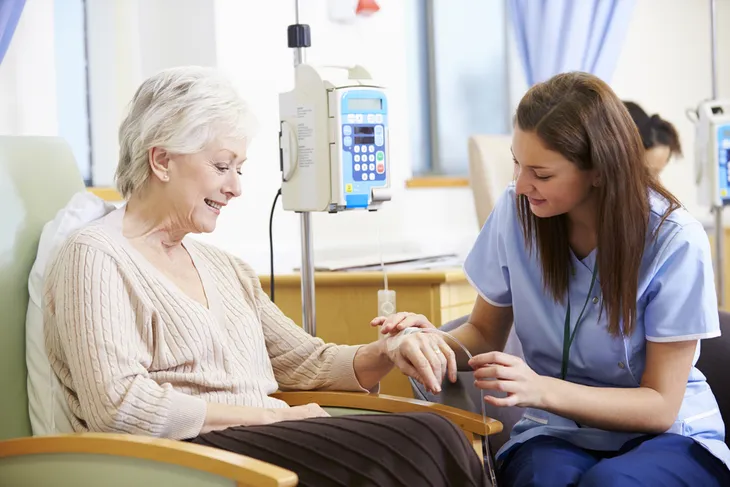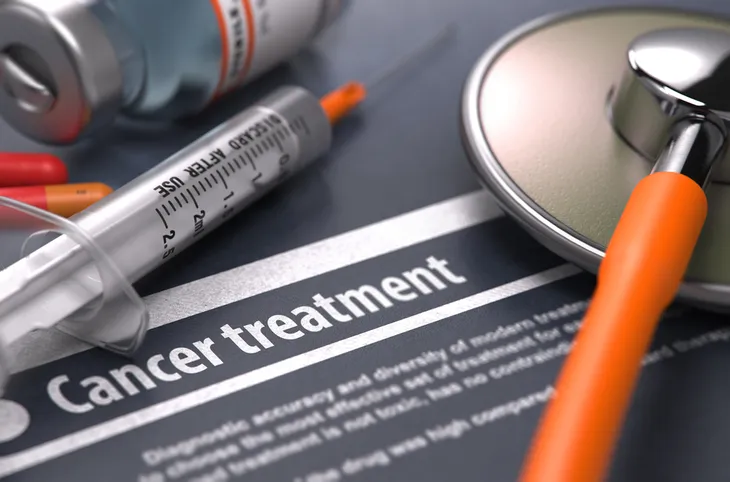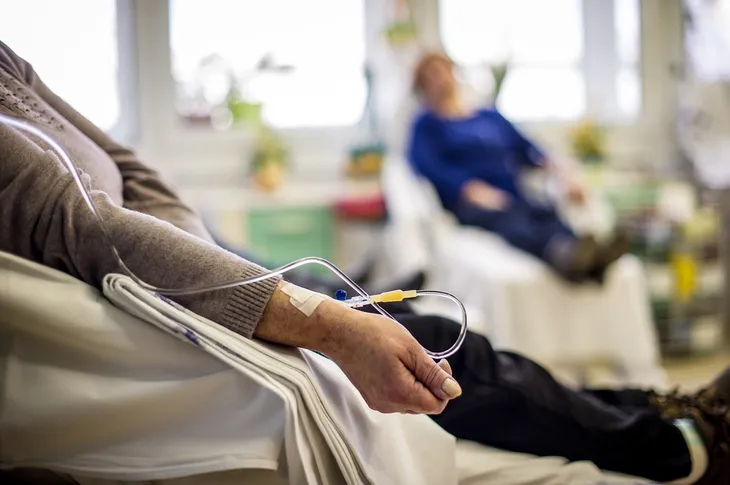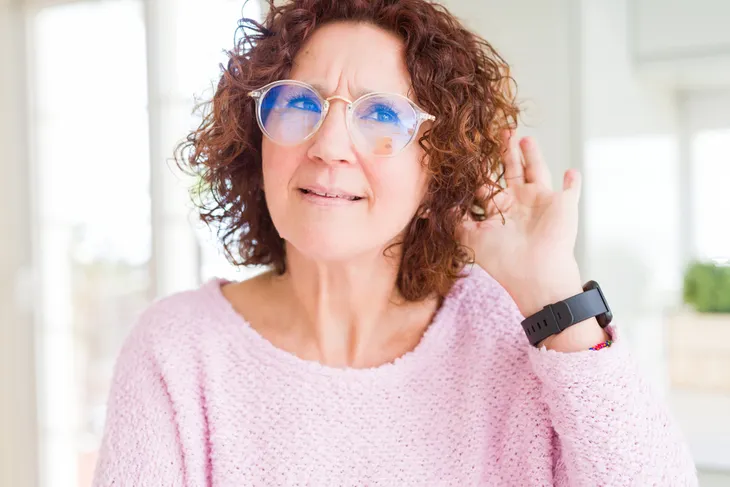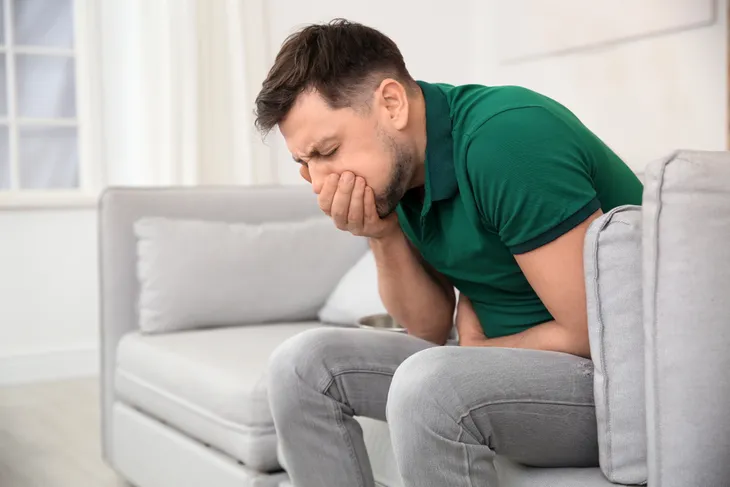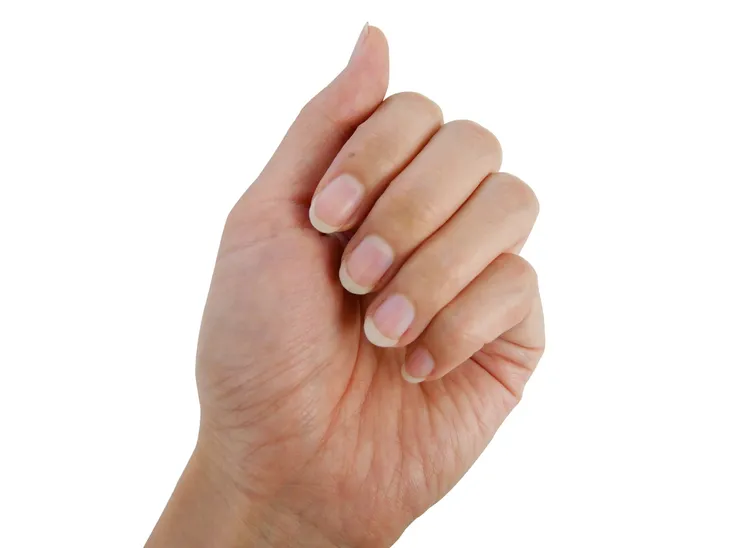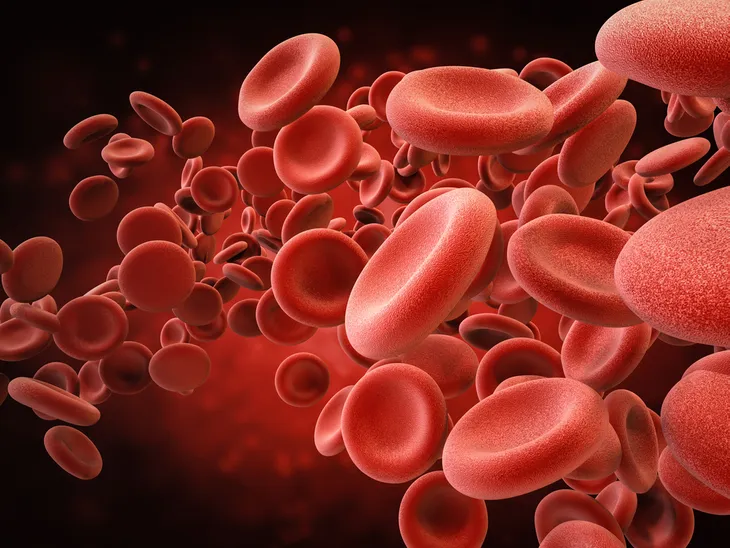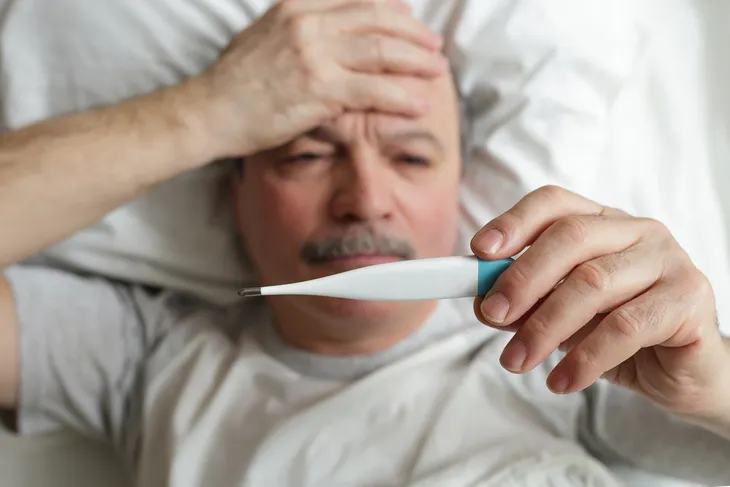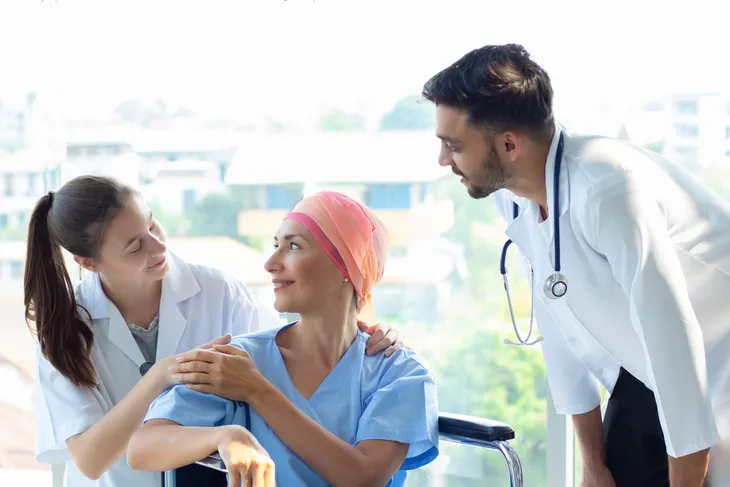You’ve likely heard of chemotherapy, or know someone who has had it or is going to have it soon. It might even be you. This cancer treatment has roots dating back to the 1940s and is very common, as there was an expected 1.8 million cases of cancer in the U.S. in 2020 alone.
But while chemotherapy is a tested and trusted method of combating various types of cancer, it can also carry a list of negative side effects. Let’s take a closer look at what chemotherapy entails, and what to expect during the course of treatment…
What Is Chemotherapy?
In a healthy body, cells are continuously being replaced through dividing and growing, notes Medical News Today. However, in the case of cancer, cell reproduction spins out of control and starts taking up space where healthy cells should be.
The drugs used in chemotherapy are basically designed to prevent cancer cells from dividing and reproducing. Chemotherapy can also target the enzymes and hormones that cancer cells rely on to grow. The drug treatment can also trigger cancer cell death.
Why Is Chemotherapy Used?
The same source explains that chemotherapy might be used if a tumor needs to be shrunk before a surgical procedure to remove it. It may also be used after surgery to destroy any remaining cancer cells in an attempt to prevent or delay a recurrence of the disease.
The source adds that chemotherapy is often used to slow the progress of cancer and reduce symptoms related to later stages of the disease — even when a cure doesn’t seem possible. Early treatment with chemo can sometimes lead to a complete cure.
It Comes In Different Forms
As Healthline explains, chemotherapy can be administered in different ways depending on the nature of the cancer. If the cancer is metastatic (which means it has spread to other places in the body), the patient may take chemotherapy pills and visit the hospital periodically for an injection.
The more “popular” form of chemo is delivered through an intravenous (IV) and is done in the hospital. This form is called infusion chemo. The American Cancer Society notes that the needles associated with treatment can cause damage to veins, so patients who require long-term treatment may be offered a central venous catheter that remains in a large vein to prevent the need to continuously be stuck with needles. There are even creams and gels that can be rubbed into the skin.
Ways To Prepare For Chemotherapy
WebMD has a handy checklist to refer to if you’re scheduled to begin chemotherapy in a hospital setting. It notes that because of possible side effects, you’re going to want to arrange to have someone drive you to and from the sessions. Also, be sure to speak with your employer about possible time off if it’s required for appointments or recovery.
Another thought, if you have children, ensure they will have someone to cook them meals if you’re not feeling up to preparing them during treatment due to fatigue or nausea, notes the source. You can prepare and freeze meals ahead of time to ensure healthy meals will be available. You might also want to ask trusted family or friends to handle childcare/babysitting.
You May Lose Hair
One of the more known side effects of chemotherapy is hair loss beginning a couple of weeks after beginning the treatments, which is why getting a wig is another way to prepare. However, as Healthline points out, not all chemo drugs cause this effect — “They depend on the drug or combo of drugs you get,” the source notes.
The Mayo Clinic assures that in most cases, hair loss from chemotherapy (gradually or in clumps) will grow back in the months (up to six) following the treatment. However, it notes that the new hair might be a different shade or texture than it was previously.
It Can Cause Brain Fog and Moodiness
Healthline says it’s normal to feel some dread about the day the treatments begin, as you won’t know exactly what to expect. It notes that when receiving treatment in a hospital, it’s a good idea to have a journal with you to record your thoughts and feelings. “Stay aware of any mood changes. Fear, confusion, and frustration can interfere with your life as you navigate this illness,” it adds.
The source also makes mention of “chemo brain,” which is another way of saying that you might feel “out of it” during the course of treatment. It can also throw your hormones for a loop, both in males and females, it adds. Because of this, it’s helpful to have someone who can help you interpret instructions from doctors and to write it down.
Hearing Might Be Impacted
Harvard Health Publishing explains that “platinum-based” chemo drugs in particular can potentially cause hearing loss in a patient. It notes that the “way chemotherapy causes hearing loss is complex,” but basically it can cause permanent damage to cells of the inner ear that do the job of hearing.
However, it states that the related hearing loss usually affects high pitches, meaning that it might not impact your day-to-day functioning. Signs of hearing loss can be accompanied by tinnitus. Since this is a potential side effect, it’s wise to get your hearing tested before (as a baseline) and after chemo treatment, notes the source.
Mouth Sores Are Fairly Common
Cancer treatment can cause sores to develop in the mouth due to destruction of healthy cells that can be “painful and distressing,” notes the Mayo Clinic. It says cancer-related mouth sores often develop on the inside lining of the mouth or even on the lips, and can appear “burn-like.”
The source says there’s no guaranteed way to prevent this side effect, but that getting a dental checkup before starting therapy can identify any underlying risks. Certain medications can help avoid sores during treatment in some cases. If you develop mouth sores or are worried about the risk, talk to your doctor about your options.
Prepare For Nausea or Vomiting
Feeling sick and running to the toilet to vomit are other common side effects of chemotherapy treatment. Medical News Today notes that a doctor may prescribe certain drugs to reduce these particular symptoms.
The source also notes that consuming ginger or ginger supplements may actually boost the effectiveness of these nausea drugs. That’s according to a study cited by the source involving 576 patients. It found that 0.5-grams to 1-gram of ginger per day “significantly aids in reduction of the severity of acute chemotherapy-induced nausea in adult cancer patients.”
You May Feel Excessively Tired
Medical News Today also says fatigue can be a side effect of chemotherapy treatments. This fatigue can linger throughout the day even when not doing anything in particular, or only occur after taking on certain tasks, it explains.
For that reason, you should avoid doing activities “that are overtiring,” explains the source. Getting plenty of rest is another obvious way to try to counteract this effect. However, if you’re really dragging, you may be anemic and you should mention the fatigue to your doctor.
Changes to Nails Can Occur
Healthline explains that chemotherapy can affect your nails in a variety of ways during the course of treatment. This is because chemotherapy drugs can affect new cell growth, including the “keratin-rich cells” of nails and skin. This can lead to nail weakness and thinning, causing them to become brittle, notes the source.
In some cases, the nails may appear bruised and turn purple or black, the source adds. Nail loss is also possible from breaking off or simply just falling out. It explains that natural fingernails and toenails will begin to grow back about 6 to 12-months after completing treatment. The doctor may recommend hydrating nail solutions to prevent some of these side effects, while gloves can be worn to prevent exposure of hands to the sun — as chemotherapy can make skin even more sensitive to UV radiation.
Be Wary of Excessive Bleeding
Medical News Today says that chemotherapy can reduce platelet count, which will impact your blood’s ability to clot when it’s injured. Because of this, a person undergoing treatment may bruise more easily, experience nosebleeds/bleeding gums, or excessive bleeding from even a small cut.
The source says you’ll have to be extra careful when performing any activities that have the potential to cut, including shaving or even gardening. If platelet levels fall too low, a blood transfusion might be required.
Loss of Libido or Fertility Issues
The treatment can cause a temporary loss of interest in intimacy, according to Medical News Today. Meanwhile, the treatments can also reduce fertility in both men and women (that returns in most cases), the source adds. However, it suggests considering freezing sperm or embryos for the future if having children is part of your plan. It’s best to wait (or use birth control) until after completing treatment to conceive, as the other side effects can be severe.
For pregnant patients, “It is not entirely clear how different types of chemotherapy may affect a growing fetus,” says the source. However, a doctor may delay treatment until up to 14-weeks of pregnancy as this is a crucial time in organ development. The last dose will be given about 2-months (8-weeks) before the expected delivery date to reduce the chance of infections.
There’s a Higher Likelihood of Infections
Speaking of infections, the Centers for Disease Control and Prevention (CDC) says that infections are more common during chemotherapy as they can reduce the number of white blood cells needed to fight them off. The lowest white blood count is often 7 to 12-days after each dose, which is the most likely time you’ll get an infection.
It’s important to let your health team know if you’re not feeling well or develop a fever during the course of treatment. This is because an unchecked infection can lead to sepsis, which is a life-threatening response from the body. Handwashing becomes especially important during chemo to reduce the risk.
How Long Will Treatment Be?
Medical News Today explains that chemotherapy treatment will be different for each patient depending on the nature of the disease and its progression. This could mean the patient only needs a single dose, but it can also mean it can last a few weeks with a rest period for recovery included.
The source explains that this could mean getting a treatment one day, then having a week off to rebound until the next full-day treatment. That treatment may be followed by a longer rest period (up to 3-weeks), with this process repeated multiple times. The effectiveness of chemo can depend on the type of cancer and the stage, as well as age and general health. However, Medical News Today outlines the 5-year survival rates for each type, which appears promising.

